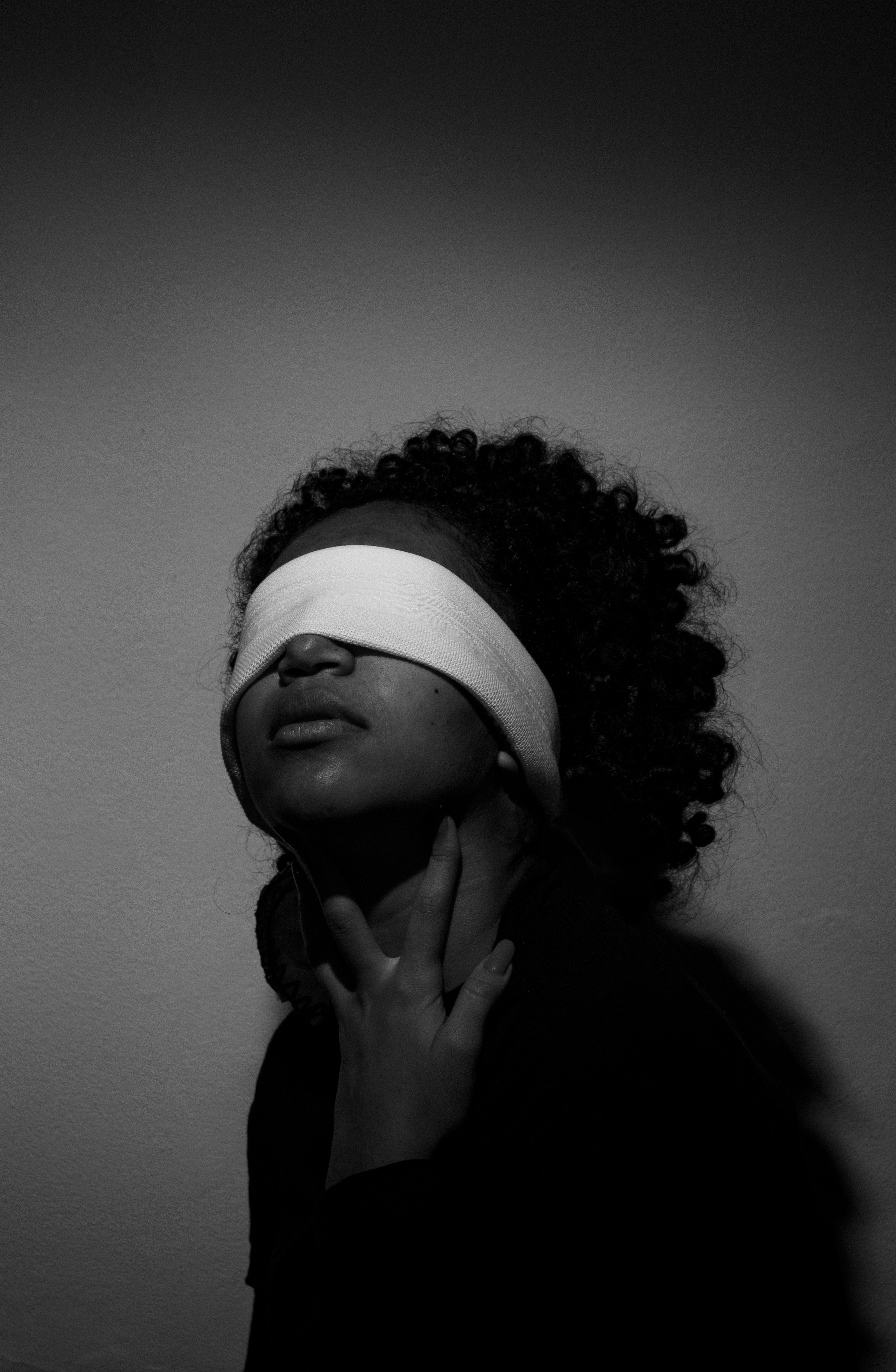Here is a second self-reflection exercise which we have named ‘never the whole truth’.
Imagine that you and some friends are in a totally darkened room. Each of you has a flashlight. When you turn on your flashlight you create a partial picture of what’s in the room. Some things are concealed and some are revealed. Now imagine your friends each take turns with their flashlight. Every person presents a different picture of what is in the room – revealing part but not all of it. No one person is able to reveal the full picture of the truth. This reminds us that our worldview, opinions and ethical judgements come from a single perspective largely dictated by where you come from – what your culture conditions you to view. It may be influenced by your country (of origin or residence) and the views that those who govern it might hold. It could be views that your parents have instilled in you, or that friends have introduced you to. Why do we have such strong points of view about certain things or people or cultures? We need now to ask ourselves what kind of world would we like to live in? Why are we defensive about our worldviews and believe we are ‘right’? Do we stick to our comfort zone (just a small section of the room where the torch has been shining) or do we challenge this position and actively try to see other peoples’ perspectives even when they disagree with our own? The sociologist Robin Di Angelo’s (2018) who wrote a best seller entitled ‘White Fragility,’ describes the defensive reactions so many white people have when our racial worldviews, positions, or advantages are questioned or challenged. Ivey Colson (2020) also challenges racism and continues to point out that for a lot of white people, just suggesting that being white might suggest privilege, could trigger a deep, defensive response. And that defensiveness might mean that we stick to what we know, to our comfort and our privileges in a racially inequitable society from which we benefit. This privilege might not simply be about whiteness - but rather about wealth, education and so forth - wherever our position of 'superiority' might be anchored.
Exercise: Take two minutes to think about your own background and how it influences your opinions and ethical decisions. How often do you consider other perspectives that conflict with your own? In what ways could your personal perspective influence your decisions at work or in terms of your social network?

Credit: Unsplash